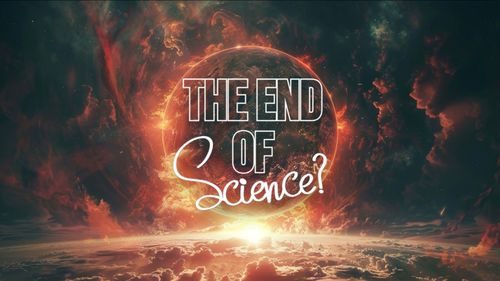John Horgan's "The End of Science": The Key Takeaways Worth Knowing in 2024
Apr 12, 2024 · 2 mins read
0
Share

John Horgan's "The End of Science" is a provocative exploration of the idea that science, as we know it, may be reaching its limits, a concept that has sparked heated debates in the scientific community
Save
Share
Horgan argues that the great scientific revolutions of the past, from the discovery of the atom to the theory of relativity, may be giving way to an era of diminishing returns.
Save
Share
He points out that many prominent scientists, like Richard Feynman, have expressed that the fundamental laws of nature have already been discovered, leaving future work to be mere refinements.
Save
Share
Horgan's thesis challenges the notion of endless scientific progress, suggesting that we may be entering a phase where the big questions have been answered, and what remains is increasingly speculative.
Save
Share
The book delves into the idea of "ironic science," where theories like string theory and the multiverse hypothesis are essentially untestable, blurring the line between science and philosophy.
Save
Share
Horgan's interviews with luminaries like Stephen Hawking and Roger Penrose offer fascinating insights into the state of modern science and the debates surrounding its future.
Save
Share
While many critics have denounced Horgan's ideas, arguing that science has always faced and overcome limits, his book raises important questions about the nature and direction of scientific inquiry.
Save
Share
"The End of Science" is not a doomsday prophecy but rather a call for a more reflective and philosophical approach to science, one that grapples with the implications of our current knowledge.
Save
Share
Horgan's work is a reminder that science is not just a linear accumulation of facts but a deeply human endeavor, shaped by our aspirations, imagination, and the very limits of our understanding.
Save
Share
Whether you agree with Horgan's thesis or not, "The End of Science" is a thought-provoking challenge to our assumptions about the endless frontier of scientific discovery, inviting us to ponder the future of knowledge in a world where the map of reality is increasingly complete.
Save
Share
0